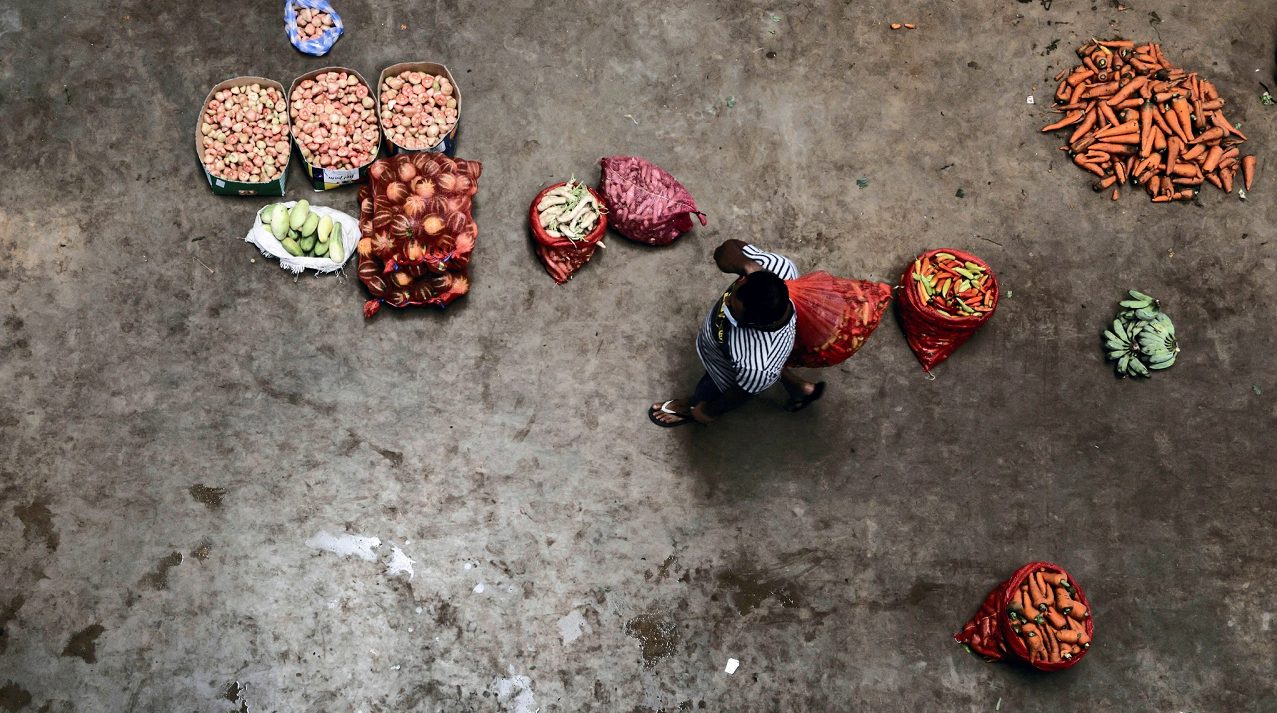Putting food on the table has become a luxury these days. U.S. inflation soars to 8.5%, the highest annual level in 40 years and grocery prices are particularly hit, up to at least 10 percent higher from last year. For many people, not only in America but around the world, the cost of food is out of reach. Are we on the verge of the next global crisis?
“Sharply higher prices for staples and supply shortages are increasing pressure on households worldwide and pushing millions more into poverty.” declared the Heads of the World Bank Group, International Monetary Fund, United Nations World Food Program, and World Trade Organization in a joint statement just released.
The World Bank estimates that for each one percentage point increase in food prices, “10 million people are thrown into extreme poverty worldwide.” The Covid-19 pandemic caused disruptions in the world’s food supplies; climate crisis has damaged agricultural crops and threatened the food security of millions of people. Now the war in Ukraine is affecting grain and fertilizers production and exports to the world. Global food prices have reached “a new all-time high,” and the situation is getting worse every day. Starving masses could fuel social tensions, particularly in vulnerable countries.
“We will be able to prevent hunger and other problems that can cause great suffering and death through a joint international debate. In such a discussion, representatives of countries would consider together what to do with the onerous facts and how to use human capabilities to solve them.”
But besides the aforementioned factors, people’s mindsets and habits trigger food insecurity. As the world evolves, the population has grown as a result of medical developments that allow increasing fertility and life expectancy. In addition to it, we are not only more numerous and live longer but we also consume much more today than in the past. Just a few hundred years ago we stayed home passively and a slice of bread a day was enough, today we live a hectic life and instead of a slice we need a pound of bread a day.
Compared to nature, we can see that animals behave differently from us in terms of breeding and consuming calories. When animals are not hunting or gathering food, they usually lie down peacefully and save energy. When there is a lack of food in the area, they give birth to fewer offspring. In the past, in times of food shortages, women naturally would also conceive less.
But as human beings we are no longer as attached to nature as animals, nor do we care to think deeply about our future as human beings and how properly use and balance our resources. We may easily degenerate into a world of famine and consequently, more conflicts will emerge.
We will be able to prevent hunger and other problems that can cause great suffering and death through a joint international debate. In such a discussion, representatives of countries would consider together what to do with the onerous facts and how to use human capabilities to solve them.
“The problem is that the international organizations that are supposed to deal with it, like the UN, are impractical because they represent the bureaucratic forces of the states and governments, nor are they enthusiastic about dealing with solutions about the future of the world. It turns out that we have no one to trust and no one to wait for to formulate plans for a good life for us.”
The problem is that the international organizations that are supposed to deal with it, like the UN, are impractical because they represent the bureaucratic forces of the states and governments, nor are they enthusiastic about dealing with solutions about the future of the world. It turns out that we have no one to trust and no one to wait for to formulate plans for a good life for us.
The scale and gravity of today’s global challenges which have outgrown the present systems’ ability to handle them require fresh new thinking. In my view, until we deal with the heart of the problem, which is the egoism in human nature, we will find no remedy to our woes. We all need to finally realize that humanity is a single superorganism in which any disruption affects the whole system and any solution should be integral. In other words, a better future starts with a shift of awareness of what needs to be fixed: we.











